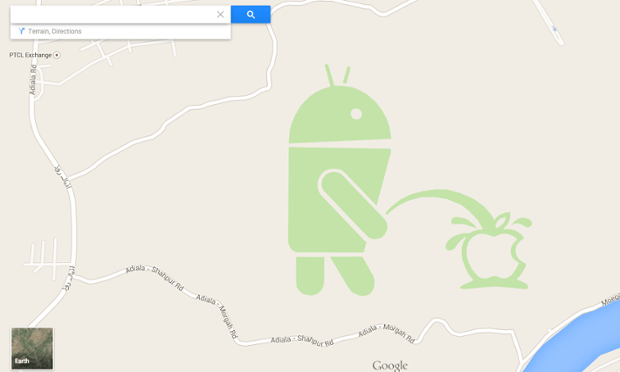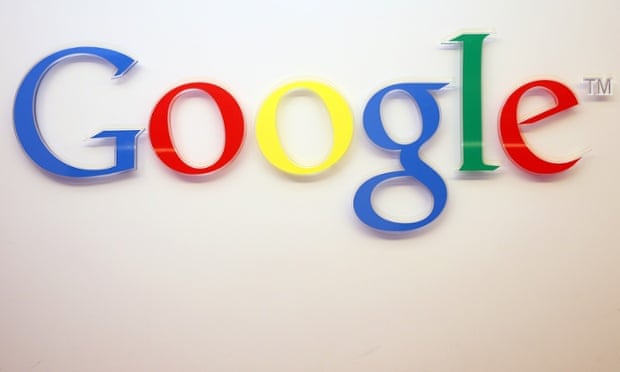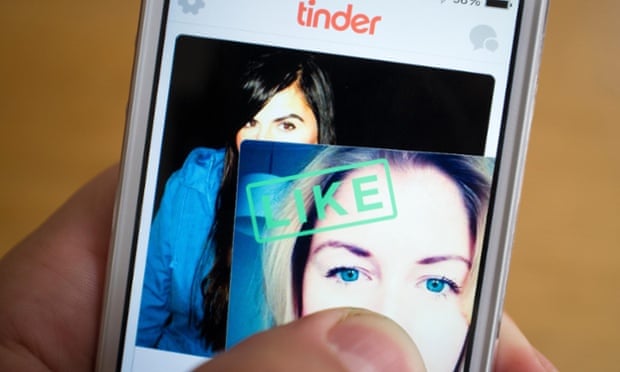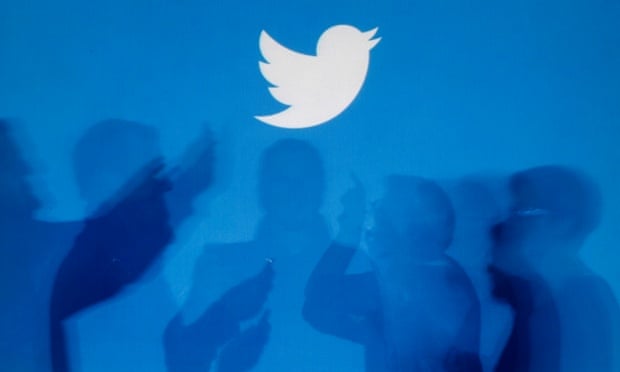2) Ebola strike - http://v-sahota.blogspot.co.uk/2014/09/apple-iphone-6-article.html
3) Oculus rift - http://v-sahota.blogspot.co.uk/2014/09/week-2-news-posts.html
4) Apple IOS 8 - http://v-sahota.blogspot.co.uk/2014/10/week-3-news-ios-update-fail.html
5) I Phone beard pulling - http://v-sahota.blogspot.co.uk/2014/10/week-4-news-i-phone-6-and-beard-pulling.html
6) Touch-less pay - http://v-sahota.blogspot.co.uk/2014/10/week-5-news-touchless-pay.html
7) Snap chat ads - http://v-sahota.blogspot.co.uk/2014/10/week-6-news-snap-chat-ads.html
8)Tidal music - http://v-sahota.blogspot.co.uk/2014/11/week-7-tidal-music.html
9) Facebook after life - http://v-sahota.blogspot.co.uk/2014/11/week-8-facebook-after-life.html
10) Channel 4 - http://v-sahota.blogspot.co.uk/2014/11/week-9-part-1.html
11) Gaming - http://v-sahota.blogspot.co.uk/2014/11/week-9-part-2.html
12) Twitter - http://v-sahota.blogspot.co.uk/2014/11/week-10-news-story.html
13) Lee Rigby - http://v-sahota.blogspot.co.uk/2014/11/week-11-newdigital-media-news.html
14)Mail on line - http://v-sahota.blogspot.co.uk/2014/11/week-11-news-media.html
15) PS TV - http://v-sahota.blogspot.co.uk/2014/12/week-12-newdigital-media.html
16) Indian sisters filmed fighting - http://v-sahota.blogspot.co.uk/2014/12/week-12-news-media.html
17) You Tube chart - http://v-sahota.blogspot.co.uk/2014/12/week-13-newdigital-media.html
18) Hacker #lizard squad - http://v-sahota.blogspot.co.uk/2014/12/week-13-digital-media-story.html
19) Pirate - http://v-sahota.blogspot.co.uk/2014/12/week-14-newdigital-media-story.html
20) Imploding business - http://v-sahota.blogspot.co.uk/2014/12/week-14-news-story.html
21) Face Book news - http://v-sahota.blogspot.co.uk/2015/01/week-15-digital-media.html
22) Banned Google in Spain - http://v-sahota.blogspot.co.uk/2015/01/week-16-digital-media-story.html
23) Lizard squad strike again - http://v-sahota.blogspot.co.uk/2015/01/sony-offers-discounts-after-christmas.html
24) Facebook explicit content -http://v-sahota.blogspot.co.uk/2015/01/week-17-new-and-digital-media.html
25) Top UK hackers - http://v-sahota.blogspot.co.uk/2015/01/week-18-media-news-story.html
26) News Corp. - http://v-sahota.blogspot.co.uk/2015/01/week-17-news-story.html
27) Twitter promoted tweets - http://v-sahota.blogspot.co.uk/2015/02/week-19-ndm-story.html
28) BBC watershed - http://v-sahota.blogspot.co.uk/2015/02/week-19-news-story.html
29) Taiwan plane crash - http://v-sahota.blogspot.co.uk/2015/02/taiwan-plane-crash.html
30) BBC 3 bid - http://v-sahota.blogspot.co.uk/2015/02/bbc3-bid.html
31) Instagram posts not being private - http://v-sahota.blogspot.co.uk/2015/02/instagram-posts-not-being-private.htmlhttp://v-sahota.blogspot.co.uk/2015/02/instagram-posts-not-being-private.html
32) Super bowl and Porn-hub - http://v-sahota.blogspot.co.uk/2015/02/super-bowl-and-pornhub.html
33) Russian lesbians stage selfie kiss plane protest - http://v-sahota.blogspot.co.uk/2015/02/ndm-story.html
34) Ferguson’s citizen journalists revealed the value of an undeniable video - http://v-sahota.blogspot.co.uk/2015/02/ndm-story_24.html
35) Social media, journalism and wars: ‘Authenticity has replaced authority' - http://v-sahota.blogspot.co.uk/2015/02/ndm-story_21.html
36) Snap chat discover - http://v-sahota.blogspot.co.uk/2015/02/news-media.html
37) What is Trivia Crack and why are 100 million people playing it? - http://v-sahota.blogspot.co.uk/2015/02/ndm-story_25.html
38) YouTube Kids app launches in the US for Android and iOS - http://v-sahota.blogspot.co.uk/2015/02/ndm-story_26.html
39) Apple ordered to pay $530 million for iTunes patents - http://v-sahota.blogspot.co.uk/2015/02/ndm-story_96.html
40) 'Jihadi John' named as London man - http://v-sahota.blogspot.co.uk/2015/02/news-media-story.html
41) Freedom campaigners warn against EU ministers pushing for 2-speed internet - http://v-sahota.blogspot.co.uk/2015/03/ndm-story.html
42) A digital public space is Britain’s missing national institution - http://v-sahota.blogspot.co.uk/2015/03/ndm-story_6.html
43) Lesbian app Dattch re-brands as HER after raising $1 million - http://v-sahota.blogspot.co.uk/2015/03/ndm-story_19.html
44) Twitter puts trillions of tweets up for sale to data miners - http://v-sahota.blogspot.co.uk/2015/03/ndm-story_20.html
45) Twitter 'could be vital tool in general election' - http://v-sahota.blogspot.co.uk/2015/03/ndm-story_53.html
46) Cash Transfer For Facebook Messenger - http://v-sahota.blogspot.co.uk/2015/03/ndm-story_41.html
47) Apple iTunes And App Stores In Global Crash - http://v-sahota.blogspot.co.uk/2015/03/ndm-story_7.html
48) Microsoft To Ditch Internet Explorer Brand - http://v-sahota.blogspot.co.uk/2015/03/ndm-story_32.html
49) Tinder hits back at research claiming 42% of its users have partners - http://v-sahota.blogspot.co.uk/2015/05/ndm-story.html
50) Google admits mistakes with news outlets as it announces new partnership - http://v-sahota.blogspot.co.uk/2015/05/google-admits-mistakes-with-news.html
51) Verizon to buy AOL in $4.4bn deal - http://v-sahota.blogspot.co.uk/2015/05/ndm-story_12.html
51) Verizon to buy AOL in $4.4bn deal - http://v-sahota.blogspot.co.uk/2015/05/ndm-story_12.html
52) Google shuts off Map Maker after urinating robot ruins it for everybody - http://v-sahota.blogspot.co.uk/2015/05/ndm-story_86.html










